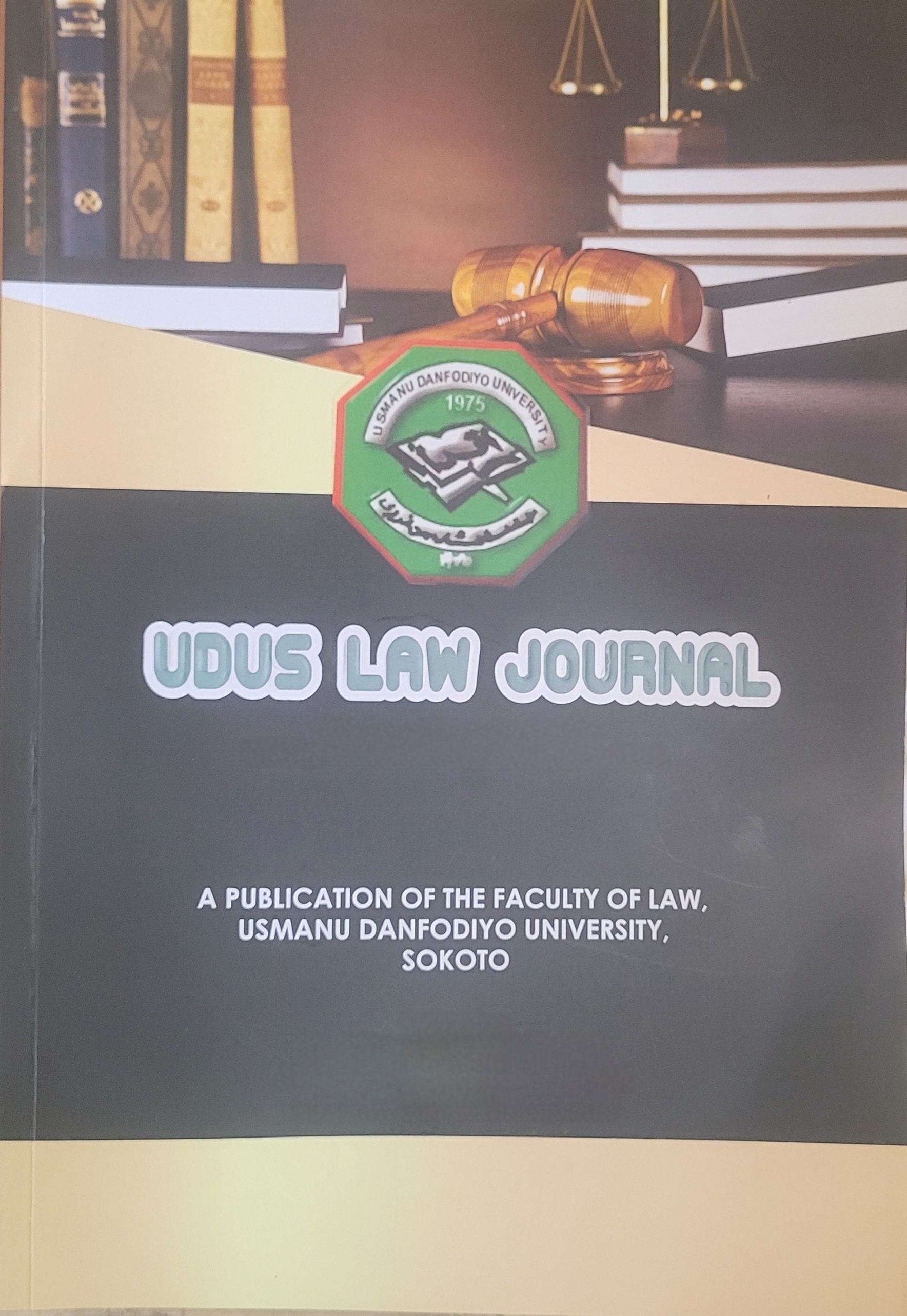Abstract
Arbitration, being a private-adjudication process, arises from contractual relationships; thus, arbitration is, by nature, a contract. This, therefore, makes arbitration susceptible to prevailing principles of contract law within any particular jurisdiction. Contextually, the issues of transparency and third-party rights’ enforcement in international investment arbitration have remained knotty and topical, against the backdrop of the prevailing doctrine of privity of contract. Delightfully, reforms of the doctrine are on-going in some jurisdictions, which are intended to actualise the intention of contracting parties, in some cases, as well as recognise the interests of third-parties, in some other cases. This reforms-drive, which includes legalizing third-party funding, already gains traction, globally. The lessons, from both historical trajectory and the on-going reforms of the doctrine of privity, compel revisiting it, especially as it pertains to the effect of its abolishment regarding third-party funding in international investment arbitration. This work is a response to the foregoing compulsion and it also aims at proposing a new model for international investment arbitration, which involves states paying particular attention to the predictability of the probable costs of breach of their obligations, since predictability and limitation of likely costs of breach or expropriation, are in the interest of both contracting parties.



 National Library of Nigeria
National Library of Nigeria.jpg) Association of Nigerian Authors
Association of Nigerian Authors Nigerian Library Association
Nigerian Library Association EagleScan
EagleScan Crossref
Crossref